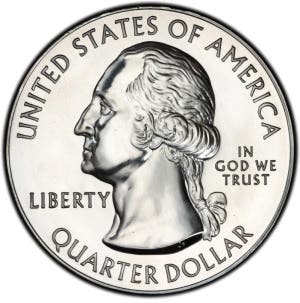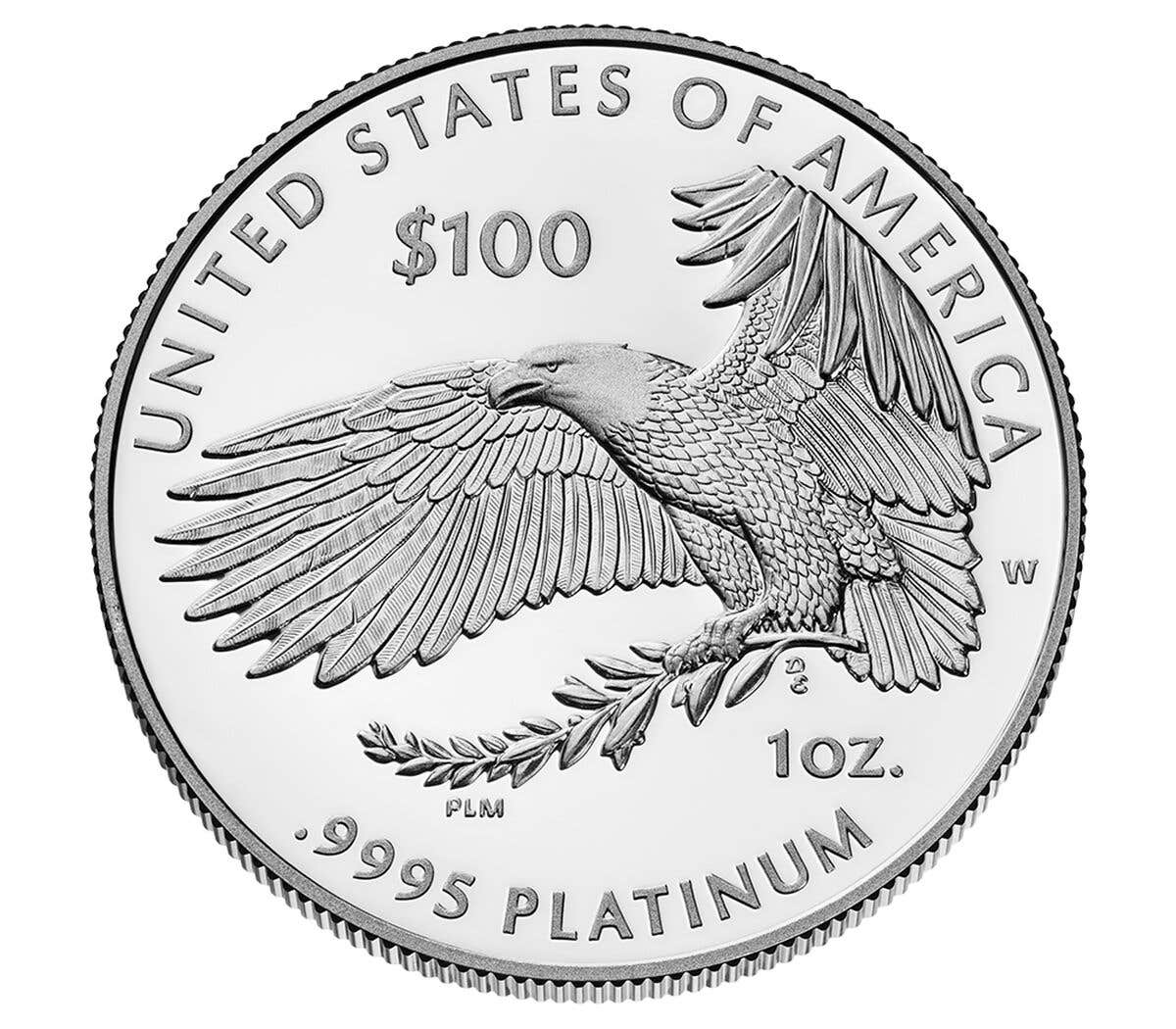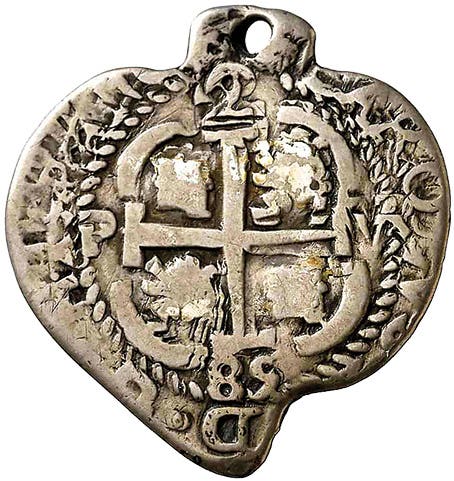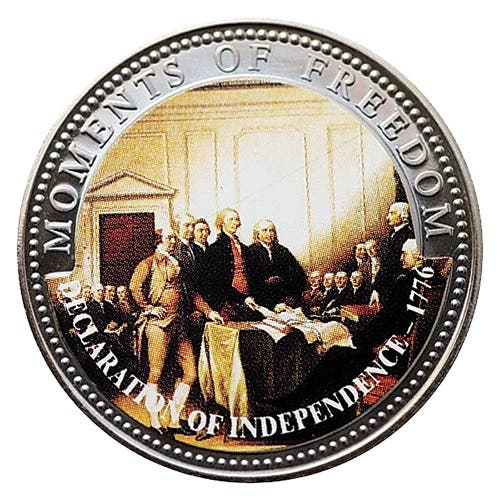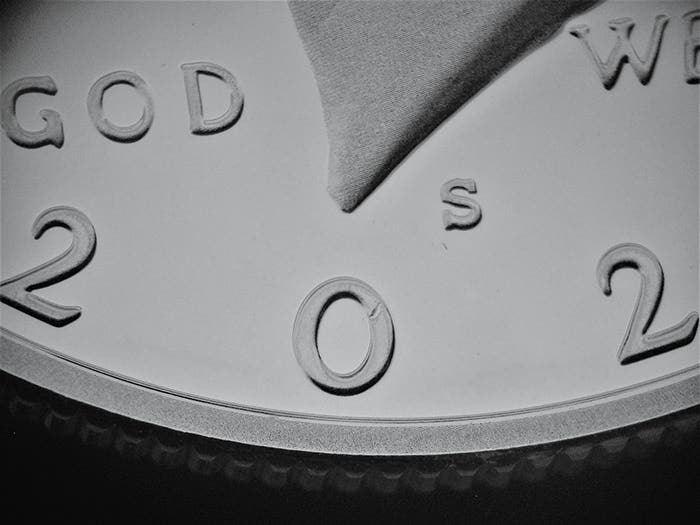When picking dealer, make right choice
This “Viewpoint” contains information that many of you might not want to hear. However, I believe that getting the truth out there and sticking my neck out is worth the risk.
WARNING: This “Viewpoint” contains information that many of you might not want to hear. However, I believe that getting the truth out there and sticking my neck out is worth the risk – so here goes.
For years, we have read about how disgusted collectors are with the way that they are treated by many coin dealers. We have heard about the early table departures, the rude treatment, the astronomical prices, the horrible grading, etc. Well, I am here to set the record straight on as many of these issues as possible.
Before we get into these points, I am going to preface this entire “Viewpoint” by saying one thing: “Go where your bread is being buttered.”
As an avid poker and video poker player, I know that not all casinos are created equal when it comes to the way I am treated. Some casinos give me better offers for cash and freebies (called “comps” in the business). Why would I go to an establishment that treats me in an inferior nature? The answer is that I do not.
Point #1: Do the dealers really need the collector? The answer, sadly enough, is “no” for the majority of dealers that exist on a bourse floor.
Regrettably, you and your neophyte 10-year-old child will be considered a nuisance for many dealers while they are flipping a $10,000 gold deal to a wholesaler. Ask any dealer what his percentage of sales is before the show is open to the public, and you will be alarmed. Dealers are willing to work on less of a profit margin in hopes of turning/flipping merchandise to preserve cash flow. How can this happen? Because many dealers have clients who do not attend shows. Other reasons are that the material will eventually end up outside of a wholesale setting; it can take a while to get there as there are numerous layers that exist.
The Remedy: It is important to make sure that you have done as much of your homework as possible. Treat all dealers with respect and with proper etiquette, and only go to those who are willing to take the time to establish a relationship. Under no circumstances should you be the recipient of rude treatment. Report such infractions to the bourse chairman.
Point #2: Too many dealers are gone when I get to the show. This is a large problem that occurs more at multi-day shows, but it is also a problem at one day shows when attendees show up after a late breakfast or church service.
The Remedy: It is beyond the scope of this piece to discuss the remedies for this, but it is my feeling that the dealers have an ethical obligation to stay for the entire hours posted for a one-day show, especially if there is an admission charge. However, we know that this does not occur. Just look at it this way: those dealers who have left (obviously) did not want your business, so good riddance. Remember, use the same advice about friendships that you would give your own children: It is not the quantity of friends that you have, but the quality.
Point #3: When I go to sell my material, I am only offered a fraction of what I paid for it. On the other hand, when I go to buy the same material, it is marked up almost 100 percent. I understand that the dealers have to make a profit, but in the coin business that is unacceptable.
The Remedy: This is one of those occasions that we hear quite often. Unless you are talking about proof sets and mint sets, you cannot compare two MS-64 1880-S Morgan dollars and say that they are the same, even if they are created by a reliable third-party certification service such as PCGS or NGC. One may be a mistake for being overgraded, and the other may be a mistake in that it is undergraded.
Learn what acceptable profit margins are for dealers on various items. If you are selling 40 percent silver halves, 90 percent coin or circulated silver dollars (1935 and before), your buyer should be working very close because such an item is easily “flipped” and need not be stocked.
On the other hand, let’s say you selling a 1912-D Liberty Head nickel in XF-AU that’s average for the grade. The dealer will have to stock that item, so his cash will be tied up longer and they will need to make a higher percentage of profit because of that.
In closing, it is very important that you not show prejudice toward all dealers and bourse chairpersons when entering a show. Even with those dealers who do not fit your needs, just agree on disagreeing and move on.
Remember, they have a right to grade and price their merchandise they way they choose – you have a right not to associate with them. More importantly, you have a right not to buy it.
Greg Heim of South Plainfield, N.J. describes himself as a collector of half cents and full-time dealer who does not set up at shows.
Viewpoint is a forum for the expression of opinion on a variety of numismatic subjects. The opinions expressed here are not necessarily those of Numismatic News.
To have your opinion considered for Viewpoint, write to David C. Harper, Editor, Numismatic News, 700 E. State St., Iola, WI 54990. Send e-mail to david.harper@fwmedia.com.





